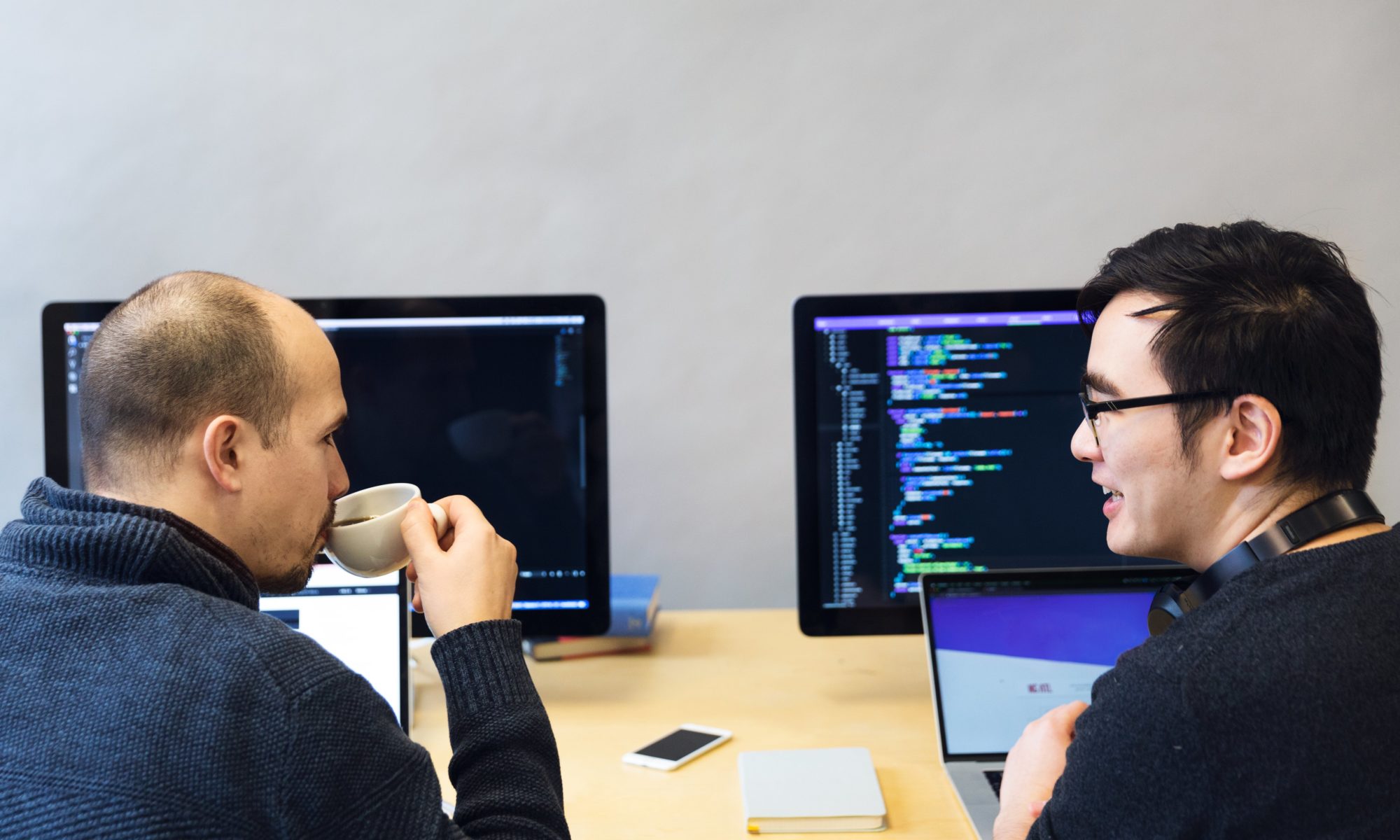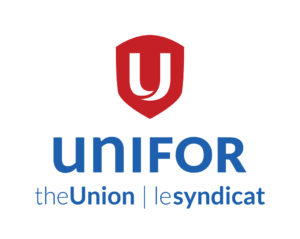
Stewarding AI and cultural change: It’s everybody’s business
Brave New Work BlogMachine learning is already making a radical impact on the workplace and everyday processes. Some say learning coding is vital for all students and that the earlier they start, the better. Others ask whether we are losing sight of the values and interpersonal skills that the humanities instill. Others still wonder if AI will contribute to weakening social cohesion as, increasingly, jobs are undertaken by machines that can learn from data, identify patterns and make decisions with minimal human intervention. What does all of this mean for the roles of education institutions, training providers, businesses and policymakers? What will it take to steward digital development and support workers and the broader public as we transition to a more automated future?
PPF met with the Montréal Chapter of the Banff Forum to explore who has what roles and responsibilities to ensure the wellbeing of Canadians during and after the technological shift. Banffers made it clear: the underlying principles that we should make and follow, may make all the difference.
Turning the tide: Lesson’s from Concordia’s change
Concordia University in Montréal wants to capitalize on today’s wave of technological change rather than be swept away. They want to become a “next-generation university”. Dr. Guylaine Beaudry, Vice Provost of Digital Strategy and University Librarian for Concordia University gave us a behind-the-scenes look at how they’re hoping to turn the tide for their workforce and faculty, students, community and the institution of higher education.
Four recommendations for digital change:
- Focus on people and be supportive
- Pace cultural change
- Strengthen everyone’s digital capabilities and digital security
- optimize and leverage what we already have
How does a community of over 15,000 people – students, faculty, staff and more – make transformational changes all together and smoothly? Concordia’s whole of community approach is as much based in values for inclusion as it is in practicality. Beaudry explained that understanding the wide-reaching role and impact of technology on Concordia requires intentional strategies to get input from everyone, coupled with an ongoing, iterative and people-centred approach to change. “People before technology, people before technology,” Beaudry emphasised. Moving to a digital future requires not just knowing what technological adaptations are needed in the university, but also having a well-informed view of how affected people need change communicated. Listening and reflection are equally big priorities to technological adoption.
Starting with the right question to make changes that matter
People worry about computers getting too smart and taking over the world, but the real problem is that they’re too stupid and they’ve already taken over the world – Dr. Pedro Domingos, Professor of Computer Science at the University of Washington and Author of The Master Algorithm.
AI – robotics, machine learning and big data analytics – is worth talking about, according to Renjie Butalid, Co-Founder of the Montréal AI Ethics Institute and Associate Director of the McGill Dobson Centre for Entrepreneurship. AI matters because of its scale of impact and pace of development. Unlike previous technological changes, AI innovations can upgrade existing systems and processes with unprecedented speed and scale.
Speaking from experience leading the Montréal AI Ethics Institute, which researches the ethical, safe and inclusive development of AI, Butalid emphasised the importance of starting with the right questions. We need to wonder or even worry about how the opportunities and risks of technological development will impact Canadians. Is AI technology and policy too focused on efficiency over empathy? What policies support people, workers, employers and AI collectively? How do we ensure AI develops alongside democratic visions of what is good and decent work? What AI technologies enhance human abilities like critical thinking, imagination, memory and spelling rather than outsourcing and replacing them?
While Beaudry reminded us that we can’t forget to focus on people before technology, Butalid also spoke to the importance of ensuring the people in and behind existing tech-enabled processes are visible and supported as much as creating and implementing AI in the first instance. Workers and the quality of jobs need to be supported alongside technological adoption and innovation. Butalid emphasised supporting workers basic protections and putting in new legal frameworks, regulatory changes or policy incentives where needed. Keeping a critical eye out for jobs that emerge in the new tech-enabled landscape which may be harmful to worker wellbeing (like social media platform workers reviewing explicit content for moderation) also remains a priority.
Principles for supporting people and technology
When asked who had a role in stewarding increased digitization and automation – and in providing the support to workers and jobs that comes with it – Banffers had one answer: everyone. To guide intentional and conscious strategies for digital development and cultural change, Banffers tasked everyone with upholding and designing policies along a few key principles:
- Openness and transparency: Policymakers at every level, employers, sectoral regulators, higher-education and labour unions need to be forthright with workers, communities, and each other about the realities of coming change. Capitalizing on this change, rather than getting caught by it, will require open information sharing and collaboration.
- Accountability & Enforceability: Effective take up and use of AI may need all actors to be more accountable for their decisions and for rules and regulations to be refined and reinforced to ensure all workers voices are included. This may be in the form of legislation to protect worker voice and power, regulatory changes to cover gaps in emerging sectors, or ethical standards for employers and tech developers carving their own innovative path and pace of change for their workforce.
- Human-centered: Putting people at the centre of AI discussions will be necessary to prevent exacerbating existing social and economic gaps. Policymakers, education providers and employers need to openly present opportunities and intentionally facilitate equal access to them. This includes opportunities to know and understand AI technology and improve people’s capabilities in technology (like data literacy and information security). Following this principle may even open deeper questions about how we define meaningful work and lives, and what economic models best fit these visions.
- Informed: Cultural change and technological adoption should go hand-in-hand. Stories of how these concurrent changes are happening will influence whether the Canadian public feel isolated, constrained and overwhelmed, or supported within a new opportunity. The policy community along with the media and employers will need to ensure they are accurately informed about AI technology and its impacts to know how to pace change well and tell the story transparently and constructively.
What’s Next?
The Public Policy Forum’s workshop with the Montréal chapter was the last in a series of consultations with Banff Forum members across the country on the key issues facing Canada as the world of work is changing. We heard from Banffers in Toronto, Edmonton and Vancouver and Montréal. These opportunities are part of PPF’s Inclusion to Conclusion approach to engage widely, convene practical policy conversations and generate fresh ideas.
Stay tuned! Keep up to date on our latest news and events by signing up for the Brave New Work newsletter.
For further information on the Brave New Work project, please contact Amy Davis.
The views expressed in the research papers, articles and reports reflect those of our authors and do not necessarily reflect those of our sponsors and partners.
Thanks to our lead sponsor

Thanks to our partners
 |
 |
 |
 |
 |
 |
 |
 |
Thanks to our project partner

Sign up for the Brave New Work Newsletter





